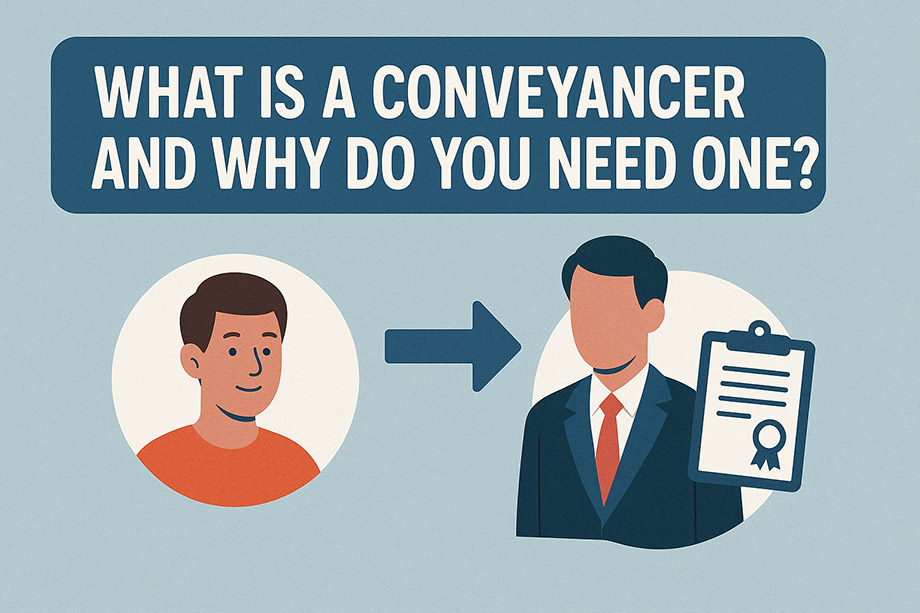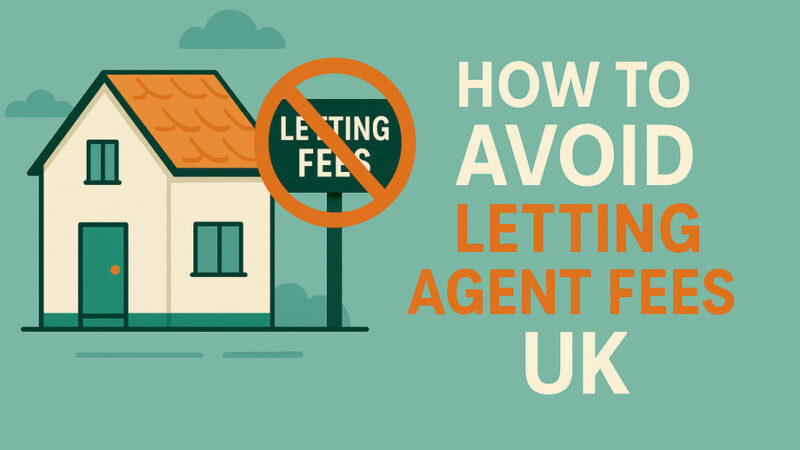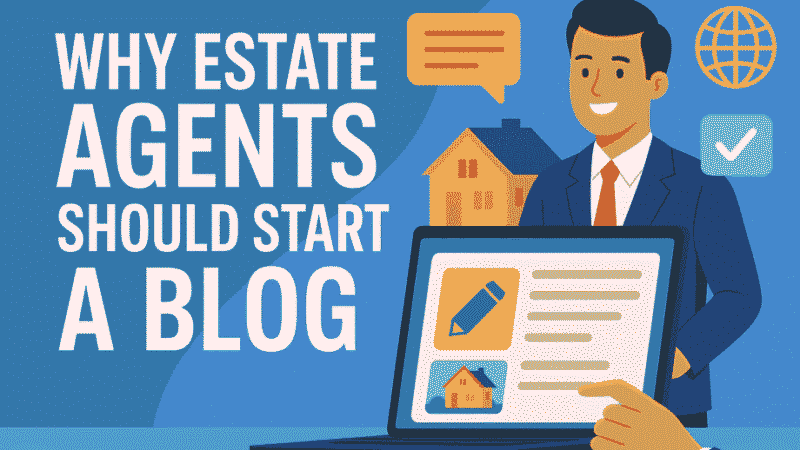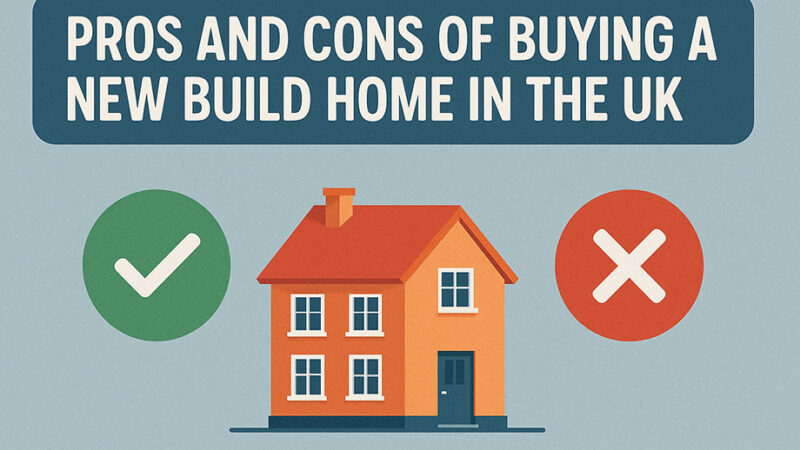What Is a Conveyancer and Why Do You Need One?

Buying or selling property in the UK is one of the most significant financial transactions most people will ever undertake. Amidst the excitement of finding your dream home or securing a sale, the legal and administrative process that follow, known as conveyancing, plays a crucial role in ensuring everything is done correctly and legally.
But what exactly is a conveyancer? Why is their role essential, and how do you choose the right one? This comprehensive guide will answer all these questions to help you navigate the property transaction process with confidence.
Table of Contents
What Is Conveyancing?
Conveyancing is the legal process of transferring ownership of a property from one person to another. This includes everything from checking the property title, arranging contracts, handling searches, and ensuring the buyer gets a clear and legal title to the property.
A conveyancer is the licensed professional who handles this process on your behalf. In the UK, conveyancers can be either solicitors specialising in property law or licensed conveyancers who focus exclusively on property transactions.
What Does a Conveyancer Do?
The role of a conveyancer is broad and vital. Their responsibilities typically include:
1. Conducting Property Searches
Before you commit to buying, your conveyancer will carry out essential searches, such as:
- Local authority searches (planning permissions, nearby developments)
- Environmental searches (flood risk, contaminated land)
- Water and drainage searches
- Chancel repair liability searches
These searches help identify any issues or liabilities attached to the property that might affect your decision or future ownership.
2. Checking the Title and Ownership
The conveyancer verifies that the seller legally owns the property and has the right to sell it. They check the title deeds and ensure the property is free from disputes or claims.
3. Drafting and Reviewing Contracts
They prepare or scrutinise the contract of sale, ensuring it reflects all agreed terms and protects your interests. They will also clarify any special conditions or inclusions, such as fixtures and fittings.
4. Liaising with Mortgage Providers
If you’re using a mortgage, the conveyancer coordinates with your lender to ensure funds are in place and that any lender requirements are met.
5. Handling Deposits and Payments
Your conveyancer manages the transfer of your deposit and final payments, making sure these are handled securely and appropriately.
6. Exchanging Contracts
They organise the formal exchange of contracts, which legally binds both buyer and seller to the transaction and agrees on a completion date.
7. Managing Completion
On completion day, your conveyancer ensures funds are transferred to the seller, the property title is registered in your name with HM Land Registry, and that you receive the keys to your new home.
8. Post-Completion Duties
After completion, they handle any remaining administrative tasks, such as paying stamp duty land tax (SDLT) on your behalf and registering your ownership officially.
Why Do You Need a Conveyancer?
Legal Expertise and Compliance
Property transactions involve complex legal requirements. A conveyancer ensures compliance with laws and regulations, preventing costly mistakes or delays.
Risk Management
By conducting thorough searches and checks, conveyancers identify potential risks or problems that may affect your ownership or the property’s value.
Negotiation and Problem Solving
Issues often arise during transactions, from boundary disputes to unexpected findings in searches. Conveyancers have the expertise to negotiate resolutions and advise you on the best course of action.
Peace of Mind
Having a professional managing the legal process allows you to focus on other aspects of moving, knowing your transaction is being handled correctly.
Time and Efficiency
Conveyancers streamline the process by coordinating with all parties involved—buyers, sellers, estate agents, mortgage lenders, and local authorities—helping to avoid unnecessary delays.
How to Choose the Right Conveyancer in the UK
- Check Qualifications: Ensure they are regulated by a recognised body such as the Solicitors Regulation Authority (SRA) for solicitors or the Council for Licensed Conveyancers (CLC) for licensed conveyancers.
- Experience: Look for conveyancers with experience in your property type and region.
- Fees and Transparency: Get a detailed breakdown of fees upfront and check for hidden costs.
- Reviews and Recommendations: Read online reviews and ask for personal recommendations.
- Communication: Choose a conveyancer who keeps you informed regularly and responds promptly to queries.
Costs and Timescales
The cost of conveyancing varies depending on property value, complexity, and location but generally ranges between £500 and £1,500 plus VAT. Additional disbursements include search fees, Land Registry fees, and SDLT payments.
The process typically takes 8-12 weeks from offer acceptance to completion, but this can vary widely depending on factors like chain length and mortgage processing times.
Conclusion
A conveyancer is an indispensable partner in your UK property transaction. Their expertise protects your investment, helps avoid pitfalls, and ensures a smooth transfer of ownership. Whether you’re a first-time buyer or an experienced investor, choosing the right conveyancer can make all the difference in a successful property purchase or sale.
Last Updated on July 23, 2025 by James Cartwright







